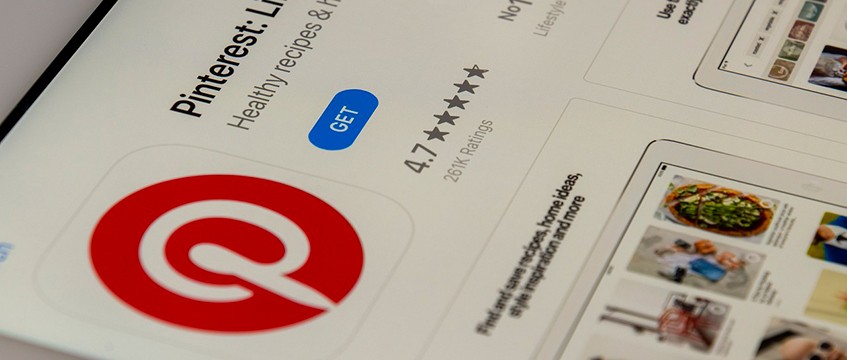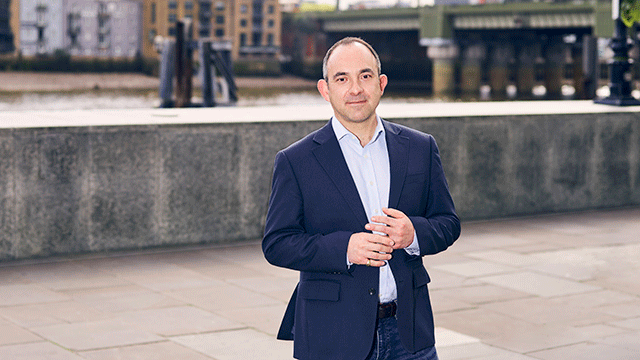EDITOR’S COMMENT Scary news from government this week. Not just the reams of announcements on how the Tories are hoping to deliver the 1m new homes they promised as part of their manifesto pledge – I’ll leave the commentary on that to you – but the slow but seemingly steady unravelling of green targets.
Have our politicians only just realised that saving the planet, its people and ultimately our economies is going to be costly? Have they only just twigged that it is going to require some tough and unpopular decisions? That it is not going to be what everybody wants, regardless of the fact that it is what everybody needs?
I recall a conversation with former chancellor of the exchequer Philip Hammond, during a Teams interview in lockdown. He was clear that politicians and the public would have to make some pretty big decisions if we were really serious about solving the climate crisis.
With the clay the UK has to play with, some public services would need to suffer if we were to really combat climate change, he told me. The NHS, infrastructure, housing – all those things might have to see (even) less investment to free up the cash that is needed if we are to effectively transition to net zero. He was not convinced that the general public was ready to give up those kinds of services for the long-term survival of the planet. Not yet anyway.
And politicians? Well, they are never ready or willing to give up votes, are they?
That brings us to the situation we find ourselves in today. Both the Conservatives and Labour are getting a little less strict on green targets that, according to prime minister Rishi Sunak, “unnecessarily give people more hassle and more costs in their lives”.
Now, I’m no militant environmentalist. I have not given up meat and cheese to save our world. I got rid of the EV we tried for a more practical hybrid. I will still fly if it is cheaper or more convenient than the train.
But I know I need to do something. I know I might have to pay a little bit more to make my home more efficient, that my “green” energy might cost me a little bit more. I’m even happy for you to make flying so expensive that I have to take the slower, less convenient train.
I want to be led to be better. No – more than that; I want to be forced to be better. Give me rules and regulations. Lead me to the water and I will drink. I might grumble a bit about it being too hard, too costly or not fair. But this is not about what any of us want – this is about what is needed.
And this is where business is going to have to lead the way.
I know that property owners want government to listen to their hardships. And perhaps Gove et al saying that EPC rules requiring properties to meet tougher standards by 2030 are just a bit too tough is music to some landlords’ ears – let’s leave the irony of him one day saying M&S cannot replace an asbestos-laced building with a new green, efficient one because of embodied carbon, and the next saying government was “asking too much too quickly” to one side.
But just because it is hard, just because it is costly, just because the economic climate is not conducive to spending today for a return potentially decades down the line, does not mean we don’t need to have too much asked of us too quickly. The real estate community, especially the residential real estate community, holds the key to massively reducing our impact on the environment.
This is no time for proportionate and pragmatic progress towards net zero, Mr Sunak. This is the time for speed, for courage, for investment, for choosing the difficult path for the right reason.
And if our political leaders are not doing it, the responsibility lies firmly with business leaders. And a large proportion of that responsibility lies here, within the built environment.
To send feedback, e-mail samantha.mcclary@eg.co.uk or tweet @samanthamcclary or @EGPropertyNews











